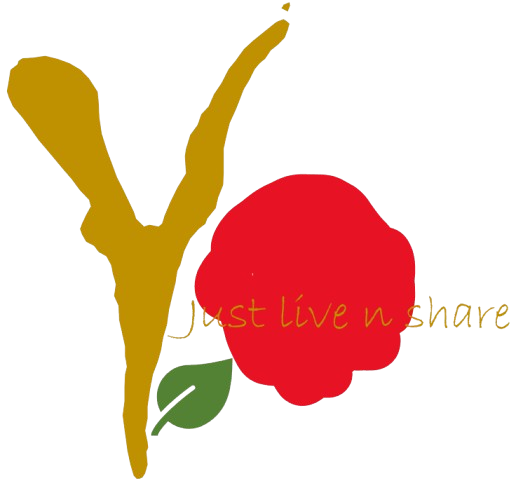Haferkater - A Doughnut Business Case
Haferkater’s case, as featured by DEAL, illustrates how they embraced Doughnut Design across their business model. Let’s unpack their approach:
1) Holistic, Regenerative & Distributive Strategy
Regenerative Practices:
They source German organic oats, freshly flaked in-house to retain nutrients and reduce waste.
They minimize packaging waste through reusable containers, collaborations with Foodsharing and TooGoodToGo, and campaigns like “Reusable May”.
Social Well-being & Transparency:
Operate with transparency via both sustainability and “unsustainability” reports, acknowledging where they still fall short.
2) Reinventing Ownership for Sustainability
Steward‑Ownership Model: Haferkater transitioned to a responsible, mission‑led ownership structure ("Verantwortungseigentum"). Voting rights are held by active employees; profit rights are capped, aligning with long-term values over short-term profit.
Crowdinvestment & Independence:
Instead of typical VCs, they raised €3.3M via crowdfunding by community supporters, plus over €2M from aligned investors with limited decision rights. This allowed them to buy out prior investors and safeguard their vision.
3) Deep Design and Longevity
The founders rejected growth-at-all-costs and prioritized long-term resilience and autonomy. They seized strategic growth (e.g., Deutsche Bahn pop-ups) but avoided traditional venture capital pitfalls.
4) Lessons & Legacy
Scalable, purpose-aligned model: Haferkater shows that businesses can scale sustainably—even in traffic-heavy spaces like train stations—without compromising values.
Community engagement: Their success in crowdfunding underscores how trust and mission can rally a loyal customer base into co‑ownership—fast-tracking a transition to steward‑ownership compared to slower profit-funded models like ShareTribe.
To read more on their Doughnut model, read here diirectly from the DEAL website.
